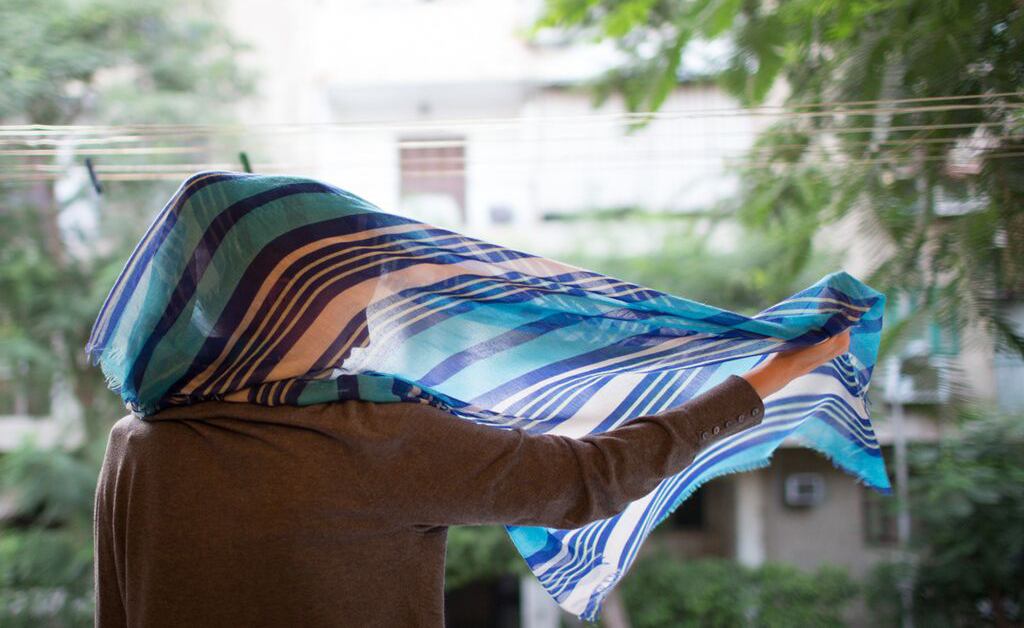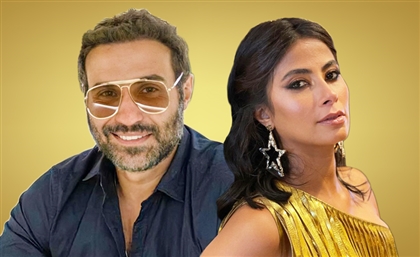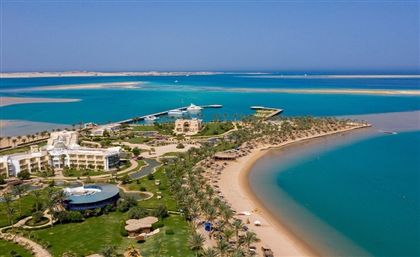Are Egypt’s Women Taking off Their Veils?
As controversy continues to stir whenever the issue of hijab comes to light, Valentina Primo speaks to four Egyptian women who decided to unveil to find out why and when, and how their lifestyles now differ.

“I had been thinking about taking off the veil for the past two years, but I was scared of people’s judgment. When you wear a hijab, it is not just about a veil: it is the way you dress, it is your actions; it feels like you are representing a religion with everything you do.”
It was the summer of 2009 and Yasmin Hesham had just turned 18 years old when she decided to don the hijab. She was resolved to wear the Islamic veil, although today she cannot remember why. “To me, taking it off is not something positive or negative; it’s something I do for myself. I don’t want people to congratulate me or ask me why in disapproval because I don’t accept our labelling society,” she affirms. “I am a Muslim and I pray, but it’s not the veil that defines it. It’s my relationship with God, and people do not need to know.”
Last June, a piece published by Koert Debeuf and Ayman Abdelmeguid in Foreign Policy stated a quiet social revolution is taking place in Egypt, witnessing more and more women who cast off their hijab for the first time in 50 years. Far from an Orientalist perspective, the authors suggest that the act is significant not by virtue of the veil symbolising more or less conservative values but, instead, as a small but substantial act of change and revolt.
“In Europe, putting a veil on is considered rebellious, while in Egypt, the act of rebellion is taking it off. It’s not wearing the veil that makes one conservative — nor does not wearing the veil make one progressive. It’s the act of change and rebellion that makes the difference,” the authors wrote.
Last week, as several Egyptian seaside resorts implemented discriminatory measures against veiled women, debate spread across the public sphere on the importance of respecting the hijab as an individual right –highlighting, in parallel, the classist standards that define a somewhat contradictory social divide. Are Egypt’s women putting social pressure under scrutiny?
The Social Weight of a Label
“I started wearing the veil when I was 14-years old, but I have come to realise that I had made the decision without being ready for that commitment, because of the expectations people had. I was in a good place in my life and thought I could do something to be more spiritual, but with time it became clear than it is more confining than I thought. It started to seem suffocating,” says young architect Ragya El Masry.

The first one among her friends, El Masry saw most of her acquaintances making the same decision throughout the past three years, including her mother. “I wanted to be in places and wear certain clothes and I felt people would see me as a big paradox because I had the hijab. They would ask things such as ‘how is she veiled and smoking shisha?’ Everyone looks at you differently when you wear a veil,” says the 24-year old woman.
“Essentially, the reason I took it off is because of society labeling you and putting you in a box, expecting you to be this and that based on their understanding of this label. And that’s when the veil becomes claustrophobic,” she explains. “I did not go through a transformation or actually even change that much. The 14-year old veiled girl had the same core values as I have now - but to society I am someone completely different. I am probably now in a box that is totally different to the one I used to be in back then- with a different label and with very different expectations. Little do they understand that I am actually the exact same person all along.”
For Rasha Abo ElSoud, social pressure had such decisive bulk that she yo-yoed between putting the veil on and off throughout many years. The 41-year-old entrepreneur, a mother of two and the founder of the Women Entrepreneurs of Egypt network, first started wearing it at the age of 26 as part of her search for a more spiritual life. But after finding out she was ill, she began to pursue a lifestyle that was true to who she was. "I just wanted to live without worrying about socially conforming; so if I want to wear a bandana, a veil, or wear nothing on my head, I would do that". So she decided to take it off.
“The whole social thing around puts so much pressure on Egyptian women, especially at my age,” says the prominent businesswoman. “As a single mother working very hard, people would judge me for not marrying again and coming back home late from work. So I took the easy way, put on the hijab again, and chose to fight my battles elsewhere. I just wanted to shut those judgments off,” says the entrepreneur, who is also the author of the book Oops, Muhagaba, where she illustrates the changes in her entourage, from family to acquaintances, following her decision to put on the hijab.
Often related to cultural norms, the veil is not an option among the lower end of the Egyptian social class spectrum, where social constructs compel to unspoken norms. “Among more humble social classes, being unveiled is a problem because that is socially considered as a sign of improper upbringing, putting shame on her family,” explains Abo ElSoud. At the other end of the spectrum, on the contrary, when a woman from a higher social class decides to wear the veil, “she has to be extremely elegant at all times to escape from the stereotype linked to lower social classes,” the businesswoman adds.
Searching for Identity Amid Political Change
For photographer Aisha Shabrawy, the veil and the full-cover niqab she would choose later were part of a teenage identity crisis she underwent while studying at the American University in Cairo (AUC). As she attended her second year as a psychology minor, she felt intrigued by religious lectures led by Amr Khaled, a preacher who was very popular among Egyptian youth at the time. “He would usually emphasise how important it was to wear the veil. It was 2001 and I was looking into a more spiritual lifestyle, so I started changing my lifestyle and looking for new friends,” she tells CairoScene.
As Shabrawy continued to explore a more pious way of life, she was lured by the Wahhabis, one of the two ultraconservative religious groups present at university. The other one was the Muslim Brotherhood. A Salafi movement that promotes an interpretation of Islam based on the Saudi culture, the Wahhabis appeared to the young student as an openly religious group, while the Brotherhood were “more sneaky in their practices,” Shabrawy explains. “They even called themselves the ‘Help Club’ instead of identifying as MB. I had the impression that Wahhabis were not hiding, I found them more open at the time,” she says.

In tune with the rest of the women amongst the religious group, the photographer decided to wear the full niqab and live according to the movement’s conservative norms. “They were anti-everything, it was this sort of dark life where you couldn't listen to music, watch TV, or travel freely; you couldn't enjoy much of what life has to offer. you were also constantly judging other Muslims as inferior just because they are not Wahhabis. So in 2006 I went through a period where I started to question that school of thought,” she recalls.
Convinced about taking a more moderate take on her religious path, Aisha replaced the niqab and took on the veil again, until she progressively took it off years later. “I began to understand that these groups raise women to stay at home, and even though I don’t see anything wrong with it, it was not my character,” she recalls. “I also understood that many of their teachings were based on the Saudi culture, which had nothing to do with my everyday life.”
According to the photographer, no less than 10 women among her acquaintances have also decided to take off their veils since 2011, the year Egyptian citizens took to the streets in an uprising that ousted former autocrat Hosni Mubarak. “I believe the revolution was a liberation from everything and our notions of religion changed, especially because of the disappointment that came with the rule of Islamist groups. People became aware of how political these preachers and these groups were,” she says.
El Masry coincides: “ever since the revolution, everyone started pointing fingers and people were scared of being labelled the wrong thing. You want to be a part of this or this other group and there was a lot of Muslim Brotherhood-phobia,” she says. “Mindsets are changing, I think people want to live according to different standards. The veil is an obligation as a Muslim, but it’s not one of the mail pillars of Islam,” adds Hesham.
“But it was not the fact of taking off the hijab that changed my life,” Shabrawy points out. “The hijab is just a symbol that shows how attracted we are to superficial things and how we judge people according to them. What changed is my way of understanding religion.”
Photography by Christina Rizk.
- Previous Article Tales from Gaza: the Human Landscape One Year After the Conflict
- Next Article Morsi Rejects Prison Food
























